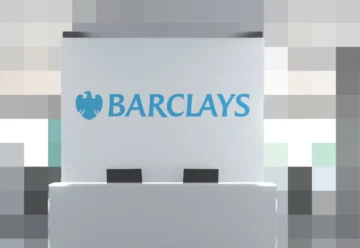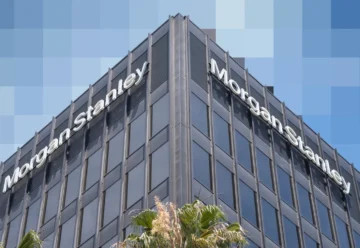Major Institutional Companies Participate in Asset Tokenization

Financial giants BlackRock and Fidelity are directly and indirectly involved in tokenized funds, and Citi, the largest international bank, joined a significant initiative to develop a global tokenization ecosystem.
The world’s major financial structures are getting increasingly involved in tokenized assets. BlackRock, a financial holding company, filed an application with the Securities and Exchange Commission (SEC) to register a new investment fund — BlackRock USD Institutional Digital Liquidity Fund. BlackRock’s launch partner is Securitize, which specializes in real-world asset (RWA) tokenization.
Records show that the fund was established in 2023 under the jurisdiction of the British Virgin Islands but remained inactive until now. According to Etherscan, the fund will be tokenized on the Ethereum blockchain network. Its tokens got the ERC-20 standard and the BUIDL ticker, with Securitize handling their sale. The minimum investment amount is $100,000, and the documents don’t specify the maximum fund size.
Financial giant Fidelity is also indirectly involved in asset tokenization processes. For instance, Signum, a global banking group specializing in digital assets, announced that it would tokenize Matter Labs’ $50 million equity investment in Fidelity Institutional Liquidity Fund. The tokens will be issued on the zkSync blockchain and used as part of Proof-of-Reserves to verify the health of Matter Labs’ treasury reserves.
This is the first step in Matter Labs’ long-term strategy to move its treasury reserves to the blockchain network managed by trusted institutional custodians. Sygnum, in turn, plans to deepen the interaction between the crypto market and the TradFi sphere, laying the groundwork for developing a tokenized financial ecosystem.
Besides, Citibank and the Brazilian Development Bank (BNDES), one of the world’s largest banks of this type, joined the global ecosystem of enterprise-level blockchain technologies created by the Hyperledger Foundation. The association now includes more than 130 large institutional entities.
The organization is developing Hyperledger Besu, a Java-based EVM-compatible software that is one of the most popular solutions within the global tokenization ecosystem. The Hyperledger Foundation announced the creation of a Besu-based financial services working group led by The Depository Trust and Clearing Corporation (DTCC). Other members of the group include Accenture, Banco Central do Brasil, Consensys, Citi, Japan Securities Clearing Corporation (JSCC), Kaleido, LACNET, Mastercard, Santander, Visa, Web3 Labs, and other major institutional entities. The organization aims to develop and implement Ethereum-based open-source solutions for corporate use, including asset tokenization.
Almost all experts surveyed by CP Media at the end of last year called the asset tokenization sphere one of the main trends of the Web3 industry in 2024.











